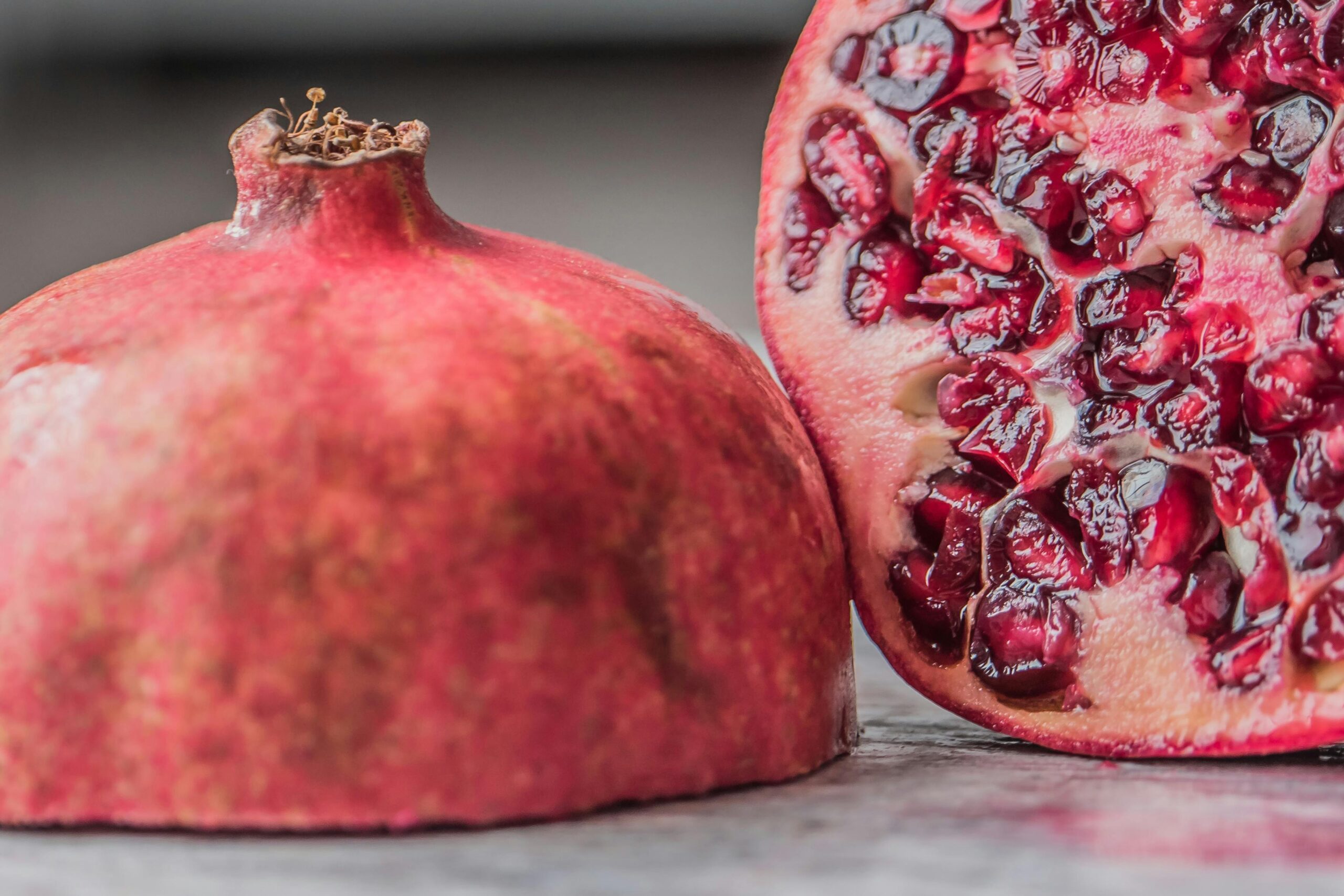


Medically Reviewed By Margaret Etudo. Written By The Vitamins For Woman Team.
It can be frustrating to feel like your body is immune to everything that works for others. When nothing seems to help, even hope can feel like another gimmick.

There’s something deeply isolating about trying everything the PCOS community suggests, only to see no change. If you’ve ever felt like the supplement aisle is full of empty promises, you’re not alone.
Many women in our community feel misled after trying berberine or inositol with little or no result. It’s not uncommon to feel skeptical, especially when it seems like these solutions are always being promoted by people who don’t struggle with the same level of insulin resistance, weight gain, or hormonal chaos. So let’s talk honestly: Are these supplements real treatments for PCOS, or just another trend?
Polycystic Ovary Syndrome (PCOS) is not a one-size-fits-all condition. What works wonders for one woman may do nothing for another, depending on factors like insulin resistance, hormonal imbalance, inflammation, and even genetics.
Several women in online forums share experiences that range from dramatic improvements to total indifference. Some see weight loss, improved cycles, and better energy. Others, despite clean diets and consistency, feel betrayed by the hype.
The truth? Your experience is valid. PCOS is complex and personalized care matters.
Inositol, particularly myo-inositol and d-chiro-inositol, has been widely studied for its role in improving insulin sensitivity, hormonal balance, and menstrual regularity in women with PCOS.
A 2020 review in Molecules concluded that myo-inositol can help reduce insulin resistance and improve ovulation in women with PCOS (Formuso et al., 2020). Another study in Metabolites (2023) noted significant improvements in markers like HOMA-IR, testosterone, and menstrual frequency when using inositol over time (Papaleo et al., 2023).
These results are promising, but they don’t guarantee that every woman will respond the same way. Some bodies may need more time, different dosing, or a combination approach with lifestyle changes.
Berberine is a plant-based compound with effects similar to metformin, often used to manage insulin resistance in PCOS. Research published in Frontiers in Pharmacology (2021) shows that berberine may help reduce fasting glucose, insulin levels, and androgens (Wei et al., 2021).
However, like inositol, its effectiveness can vary. Some women notice fewer sugar cravings, better digestion, and slight weight loss. Others may feel no difference at all or experience side effects like fatigue or digestive discomfort. Again, this doesn’t invalidate the supplement—it highlights the uniqueness of each woman’s biology.
If you didn’t see results with inositol or berberine, you’re not broken. A few key factors may explain the disconnect:
If you’re open to revisiting these options, you might consider high-quality versions like Ovasitol, a well-regarded blend of myo-inositol and d-chiro-inositol in the clinical 40:1 ratio. Many women have used it to support menstrual regularity and reduce sugar cravings.
Another option is a reputable berberine supplement such as Thorne Berberine, which is formulated for high bioavailability and often used alongside insulin-sensitive diets.
These are not guarantees. But they may be supportive tools as part of a larger care plan.
We’ve seen women do everything “right” and still not feel better. That’s not a failure—it’s a reminder that your journey is different and may need a different mix of support, from healthcare providers to deeper lab testing.
Just because berberine or inositol didn’t work for you doesn’t mean your body can’t heal. It simply means you need to keep refining your approach. And we’re here to walk that path with you.
If you’ve been struggling with PCOS and wondering if supplements like inositol or berberine are worth it, know this: your frustration is real, and your body deserves more than a cookie-cutter solution.
Some women see remarkable changes with these tools. Others need different support. Wherever you are on that spectrum, we encourage you to stay curious, compassionate with yourself, and committed to what feels right for your body.
You are not a failure if something doesn’t work. You are a researcher, a healer, and a resilient woman searching for what does.
Formuso, C., et al. (2020). Myo-inositol and its role in insulin resistance, fertility, and hormonal balance in PCOS. Molecules, 25(21), 5079.
Papaleo, E., et al. (2023). Inositols and PCOS: effects on metabolic and reproductive markers. Metabolites, 15(7), 467.
Wei, W., et al. (2021). Berberine in polycystic ovary syndrome treatment: mechanisms and benefits. Frontiers in Pharmacology, 12, 653887.

medically reviewed by margaret etudo, BPharm. written by the vitamins for woman team.